Ned Breslin: Soup and Sustenance in the Mountains of Bolivia
Microloans and payment plans help the trickle-down economics of water infrastructure installation.
The air is thin at 3,650 meters (12,000 feet). My breathing gets heavier with every step, especially as I am using my limited supply of oxygen to both walk and speak with Fatima, a lovely mother of three in her mid-30s. Acclimated to the altitude, she navigates the challenges of the hills with a gold-toothed smile as she leads me to her house on the Bolivian mountainscape.
Her smile widens as we pass her newly installed tap — a tap that she says has changed her life. She points to the water meter that shows how much water her family uses and then calculates what they will pay. No more long walks to collect water anymore, she tells me. With a tap in her yard, water flows every day.
Once at her home, we sit, and she offers me a bowl of soup that she has recently prepared. It is thick with potatoes and a nice broth — filling that is made with care, generosity, and water from her new tap. Delicious.
As we talk, rest, and slurp, Fatima looks upwards at the mountains that continue to rise into the sky. In the past, snow covered these mountains, she tells me. But now, I can clearly see that the glaciers in the Andes region are threatened, and so are the water systems that Fatima and her neighbors use, since they are fed from these sources.
We drink the soup with a dash of anxiety.
———————————————————————————————————————-
The Down Side
In 2011, Fatima’s family was one of 28 in Boqueron Alto, Bolivia, who did not have access to the improved water system that was installed here in 2008. Since she had moved in after the system was constructed, Fatima could not pay the post-construction connection fee of around $US 1,000 that was being imposed by the village’s water committee.
This connection fee was calculated using simple math — families who contributed their labor and cash when the new water system was being constructed paid the equivalent of around $US 1,000, the majority being monetized in-kind contributions. The committee argues that it is therefore only “fair” for new connections to cost the same amount.
But with such a large cash down payment, and no additional labor required for implementation, poor families like Fatima’s are at a significant disadvantage and have struggled to find the money to pay for the connection.
The Up Side
Importantly, the water committee is exceptional at managing this system. They are not a private entity, but instead volunteer-based. The only paid employee is the plumber, and he is so good at keeping the water flowing that neighboring communities now contract out his services.
The committee has also been extremely creative in its approach to sustaining water access.
- Tariffs are collected efficiently and transparently.
- Two additional springs were purchased with village funds, because there is an understanding that water quantities will have to be maintained over time — as populations grow, as families use more water for agricultural production, and as water resources become increasingly threatened from climate change.
- There is a loan scheme emanating from the village’s water fund: families take loans to improve their homes and purchase agricultural inputs. They have one year to repay the loan, at an interest rate of 17 percent. If they fail to repay, the family’s water supply is cut off. To date, there have been no defaults.
The Flip Side
Here in Bolivia, the challenges of EVERYONE FOREVER are evident. Some would argue that organizations like Water For People should finance the connections for poor families like Fatima’s, but that is an unsustainable strategy that fosters dependence.
Instead, local and national governments are globally urged by WASH sector advocates to make greater “commitments” to water and sanitation. They are told that they must prioritize water and sanitation in their agendas and with their budgets, if the water and sanitation crisis is to be properly addressed.
Yet, this argument hardly applies to Mayor Grover Garcia, his government in Tiraque where Boqueron Alto resides, or any of the municipalities that we came across in my most recent trip to Bolivia. Rather, the government of Tiraque is the major financier of the water systems in their municipality, and they are giving all they have to EVERYONE FOREVER Their commitment is clear and evident — the water committee is thinking long-term and raising money through tariffs and loan schemes to secure enough funds and water access to replace the system over time and to keep the water flowing . In fact, the water committee wanted Fatima to connect to their system, as they are committed to that EVERYONE should have access to clean water. Furthermore, Mayor Garcia is equally committed to full municipal water coverage, and he is not currently satisfied when a system is installed, because families like Fatima’s cannot access these supplies.
Still, others would argue that water should be free for Fatima’s family. These advocates say that donors and the government should pay for all of the systems, maintenance, and replacement. Sadly, this is also a recipe for disaster, as Boqueron Alto knows full well — they were one of the communities that had a “free” water system that collapsed in the mid-2000s, because water is simply not free in practice.
Boqueron Alto was the recipient of a charity-based water system in the early 2000s. They were asked to contribute their labor, which they did. But all other costs were covered by a well-intentioned organization that felt the residents were too poor to pay for the water system. As such, their labor would be sufficient to demonstrate “ownership.” A water committee was set up and trained quickly, the water system was completed, ribbons were cut, and the project was deemed “completed.” But over time, residents learned that this gift from far away would not change their lives nor be a lasting solution, as problems started to undermine the system. Pipes leaked, taps broke, and residents started to wonder where all the water had gone, as the system’s reliability crumbled.
Now, Boqueron Alto is managing the challenges of EVERYONE FOREVER in its own way, with a full understanding of the financial responsibilities that are required to keep water flowing.
Fatima turns on her new tap to wash the dishes, because the committee changed its connection rules to accommodate her. Fatima was allowed to pay to connect using smaller installments over time, instead of one lump sum at the time of connection. This allowed Fatima to secure her tap and the committee to extend services to EVERYONE — and to keep its eyes on FOREVER.
All 28 families who were offline in 2011 now have water taps like Fatima’s in their yards, achieving the community’s EVERYONE FOREVER goal.
———————————————————————————————————————-
I start to head down the mountain, nourished and craving a bit more oxygen. Fatima lets me know that I can always come back for another bowl of soup, and I know that I will someday take her up on this heartfelt and sincere invitation. It is the best meal I have had in a long time, with a side of wonderful conversation that proved the power and the challenges of EVERYONE FOREVER in Boqueron Alto, Bolivia.
Please join us as we continue to push the boundaries with Water For People’s EVERYONE FOREVER movement.
Ned Breslin
Follow Ned Breslin on Twitter.



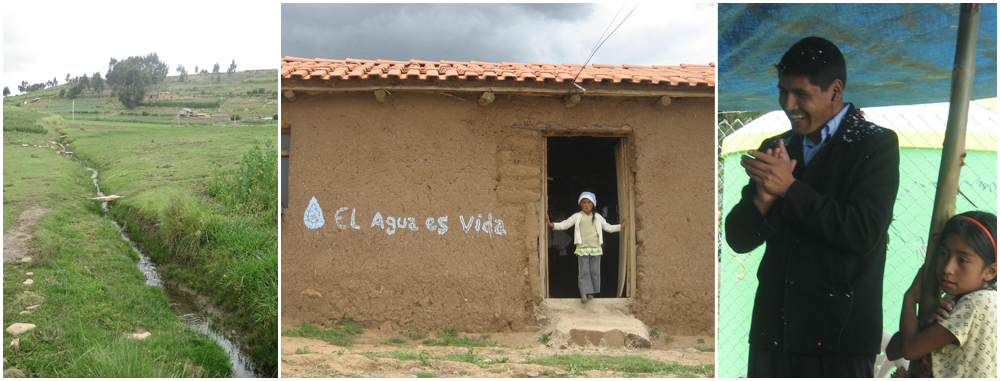
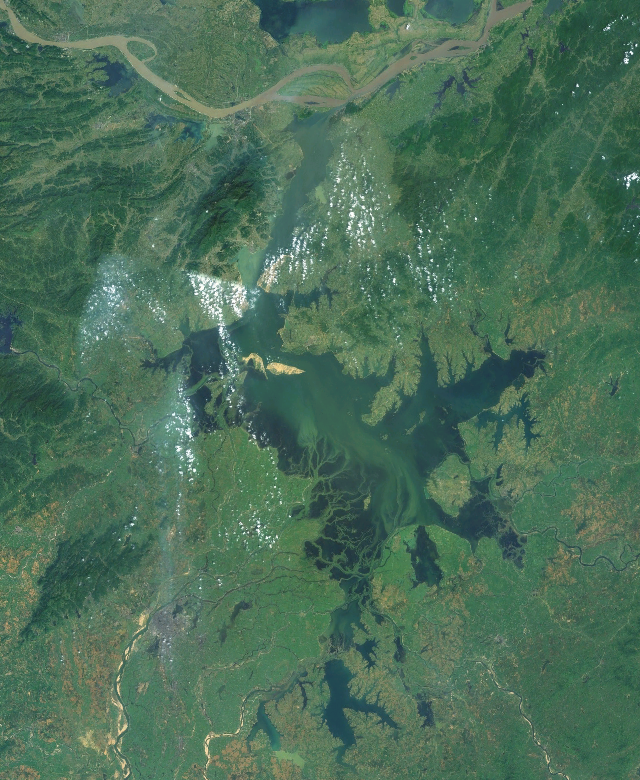
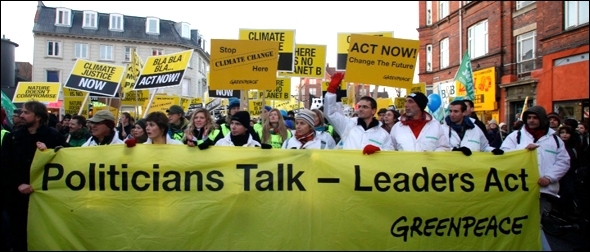
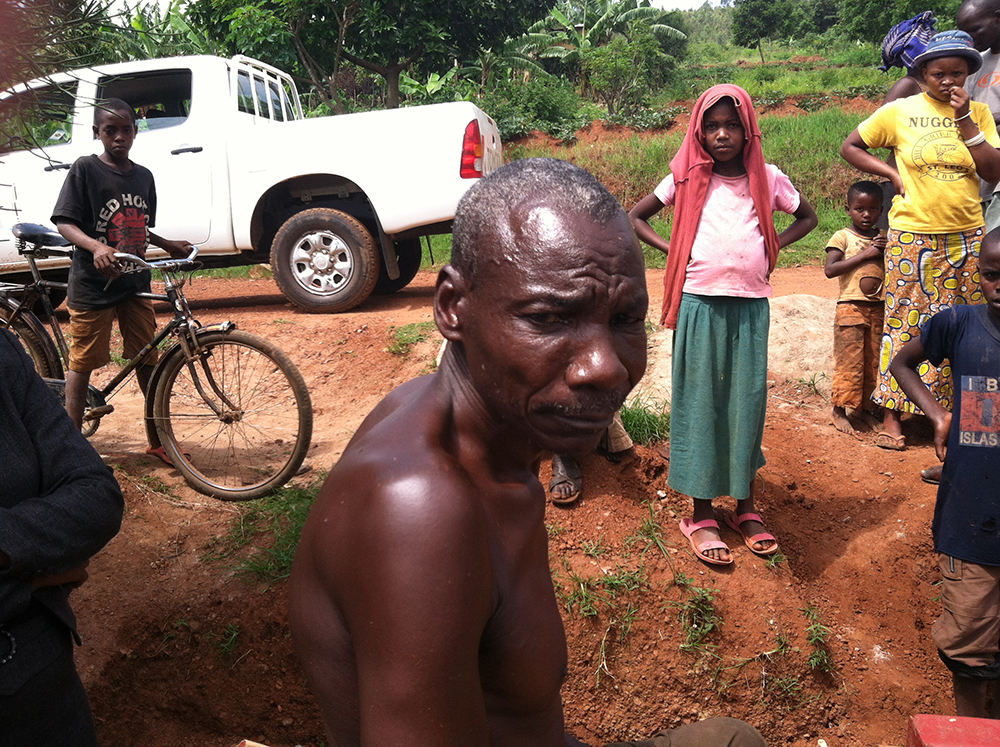

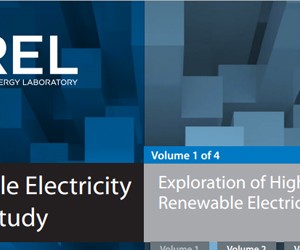
Leave a Reply
Want to join the discussion?Feel free to contribute!